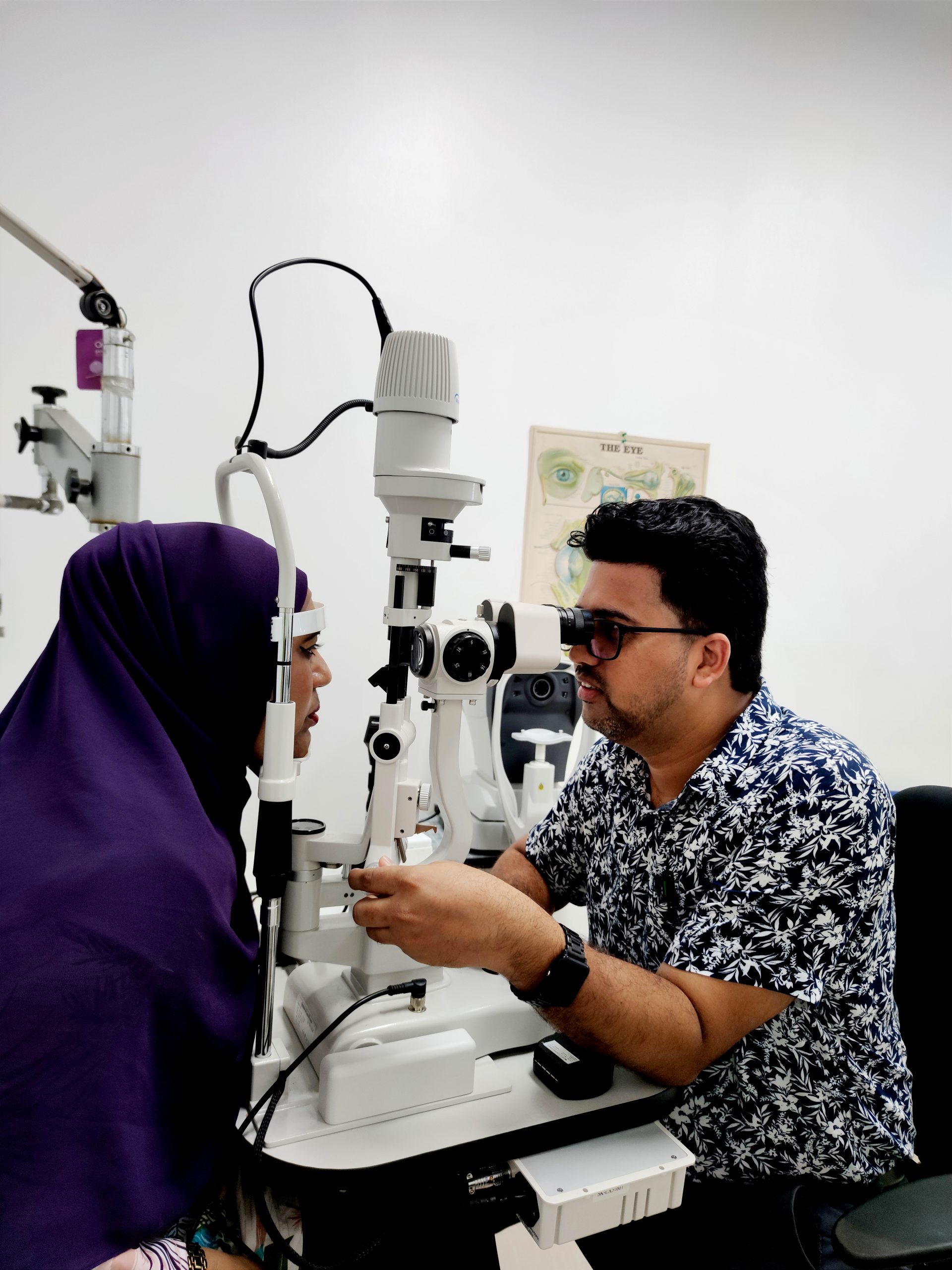OUR eyes are often called the “windows to the soul,” but more importantly, they are our windows to the world.
They allow us to read, learn, drive, work, and witness the beauty around us.
Yet, despite their importance, eye hygiene is often overlooked in our daily routines.
As cases of eye infections and digital eye strain rise globally, health experts are emphasising the need for proper eye hygiene like never before.
Why eye hygiene matters
Eye hygiene refers to the simple, but essential practices that keep the eyes clean, healthy, and free from infections.
In a time when many people spend hours in front of screens — be it for work, study, or entertainment — our eyes are under more strain than ever before.
Infections like conjunctivitis (commonly known as pink eye), styes, and dry eye syndrome can often be prevented with proper hygiene.
Poor habits such as rubbing the eyes with dirty hands, sharing makeup, or sleeping with contact lenses on are some of the main culprits.
People often don’t realise how easily bacteria can enter the eye and create a serious consequences in our eyes.
Simple habits like washing hands before touching your eyes or regularly cleaning your glasses can go a long way in preventing problems.
The rise of screen-induced eye problems
With the increasing use of smartphones, laptops, and tablets, digital eye strain has become a common complaint-especially among students and office-goers.
Symptoms include blurry vision, dry eyes, and headaches.
Experts recommend following the 20-20-20 rule: every 20 minutes, look at something 20 feet away for 20 seconds.
This helps relax the eye muscles and reduces strain.
Tips for better eye hygiene
- Practice good eye hygiene;
- Wash your hands before touching your eyes. Germs from your hands can easily transfer to your eyes;
- void sharing personal items. Never share towels, cosmetics, or contact lens containers;
- Use clean, prescribed contact lenses only. Always follow your optometrist’s instructions;
- Limit screen time and take regular breaks. Give your eyes a rest from digital screens;
- Spend 3-4 hours daily in outdoor activities. Provides your eye relaxation and effective in holding your refractive error progression;
- Eat right to protect your sight. Food contain vitamin A and green leafy vegetable and salad helps to maintain your eye sight with longterm effects;
- Wear sunglasses outdoors to safeguard your eyes. Protect your eyes from harmful UV rays;
- Remove eye makeup before bed. Leaving makeup on can clog oil glands and lead to irritation or infection.
Eye health is lifelong health
Good eye hygiene isn’t just about preventing infections, it’s also about maintaining healthy vision for life.
Nutrition, regular eye check-ups, and protective eyewear also play a key role in overall eye care.
Eyesight is precious, and once lost, it’s often irreversible for us thus making eye hygiene a part of your daily routine is a small step with lifelong benefits.
Takeaway message
As we go about our busy lives, it’s easy to forget how much we rely on our eyes.
But just like we brush our teeth or wash our hands, our eyes too deserve daily care.
Eye hygiene is not complicated, it just requires awareness and consistency.
Let’s not wait for problems to arise.
Let’s protect our vision, starting today.
BIKASH GYAWALI is a consultant optometrist and public health expert at Asgar Eye Clinic at the Nadi Branch



